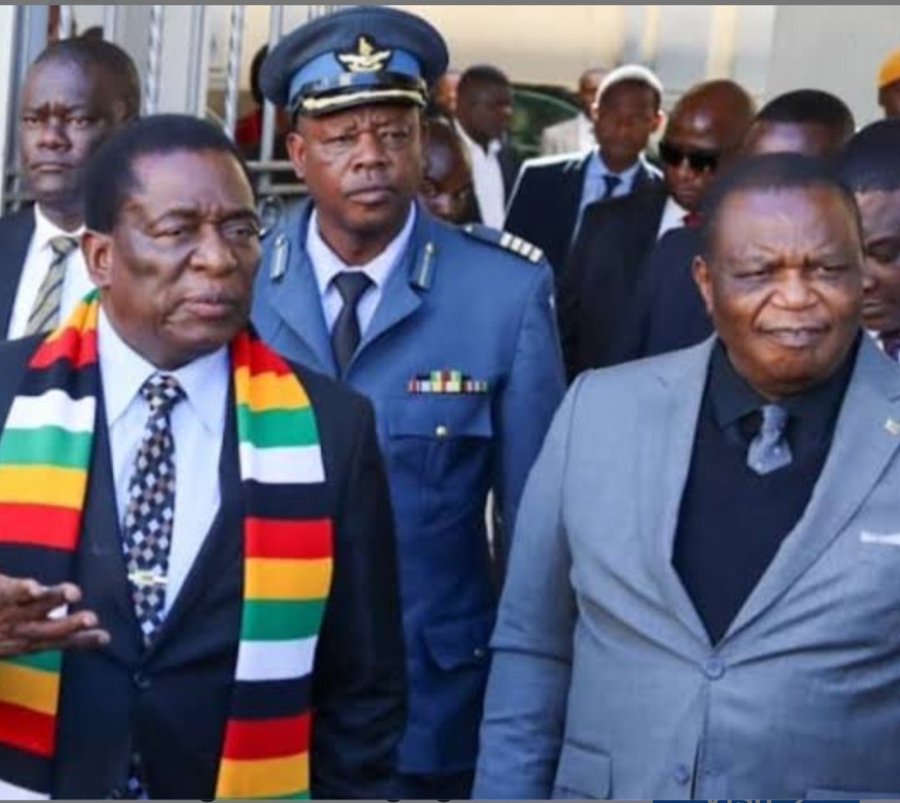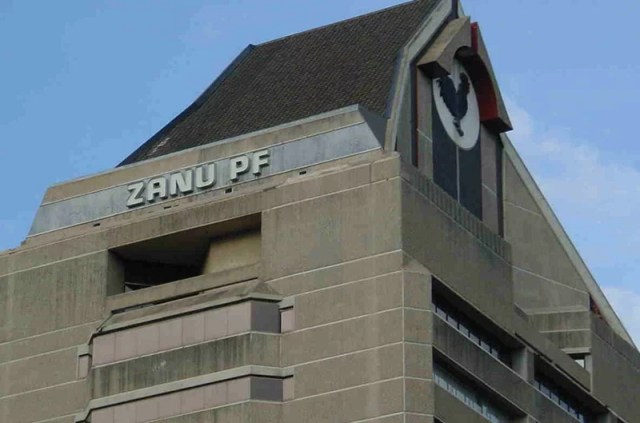ZIMBABWE’S ELECTIONS UNDER THREAT: OPPOSITION CANDIDATES DISQUALIFIED
In Zimbabwe, the upcoming general elections on August 23 are causing concern as 12 opposition parliamentary candidates from Bulawayo and independent presidential candidate Saviour Kasukuwere have been disqualified. This decision has sparked fears that the ruling party, Zanu PF, and its leader President Emmerson Mnangagwa, are working to undermine democracy in the country. Many believe that the courts, which should be fair and neutral, are being used to help Zanu PF stay in power. This situation has caused alarm in Zimbabwe, as people worry about the future of their country.
Zimbabwe has a long history of political problems. Zanu PF has been in power since the country gained independence in 1980. Over the years, the party has used both positive and negative methods to stay in control. Zanu PF has been known to buy votes, offer rewards to its supporters, and, when necessary, use force, intimidation, and violence to win elections. This pattern has been a concern for Zimbabweans who want free and fair elections.
In 2017, Robert Mugabe, who had been in power for many years, was removed from his position through a military coup. Many people hoped this would lead to positive changes in Zimbabwe’s political system. However, President Mnangagwa, who took over after Mugabe, has continued to rule in a way that many see as authoritarian. The disqualification of opposition candidates is just the latest example of how Zanu PF is trying to keep control of the country.
The courts in Zimbabwe have played a big role in this situation. Normally, courts should be independent and fair, making decisions based on the law, not politics. But many people in Zimbabwe feel that the courts are no longer neutral. The term “partisan judicialisation” is being used to describe how the courts are being used to favor Zanu PF. This term means that the judiciary, which should be neutral, is instead being influenced by political parties, in this case, Zanu PF.
One action that raised eyebrows was President Mnangagwa’s decision in 2021 to extend the term of Chief Justice Luke Malaba by five years. Many people believe that this move was designed to make sure that the judiciary would continue to support Zanu PF. The decision was controversial because the constitution had to be changed to make it possible. This has made many people worry about the independence of the judiciary and whether it can be trusted to make fair decisions in the future.
Zimbabwe is now at a critical point. The country’s democratic values are being tested, and many Zimbabweans are worried about the future. The upcoming elections should be an opportunity for the people of Zimbabwe to choose their leaders in a free and fair way. However, with opposition candidates being disqualified and the judiciary being accused of helping Zanu PF, many people are unsure if the elections will be fair.
The international community is also paying attention to what is happening in Zimbabwe. Countries around the world, as well as Zimbabwe’s neighbors, have an important role to play. They can use sanctions, diplomatic pressure, and other methods to encourage Zimbabwe to follow the principles of democracy. The people of Zimbabwe deserve to have their rights respected and to be able to vote in free and fair elections.
The disqualification of opposition candidates in Bulawayo and Saviour Kasukuwere is a sign that Zimbabwe is moving towards a more authoritarian government. This manipulation of the judiciary is a serious threat to the country’s democracy. President Mnangagwa and Zanu PF’s control over the country seems to be tightening, and this is a worrying development for the future of Zimbabwe.
As the elections approach, the world will be watching closely. It is important for Zimbabwe to return to the path of democracy and justice. The people of Zimbabwe deserve a government that respects their rights and allows them to choose their leaders freely. The disqualification of opposition candidates is a step in the wrong direction, but there is still hope that the international community can help Zimbabwe find its way back to democracy.

